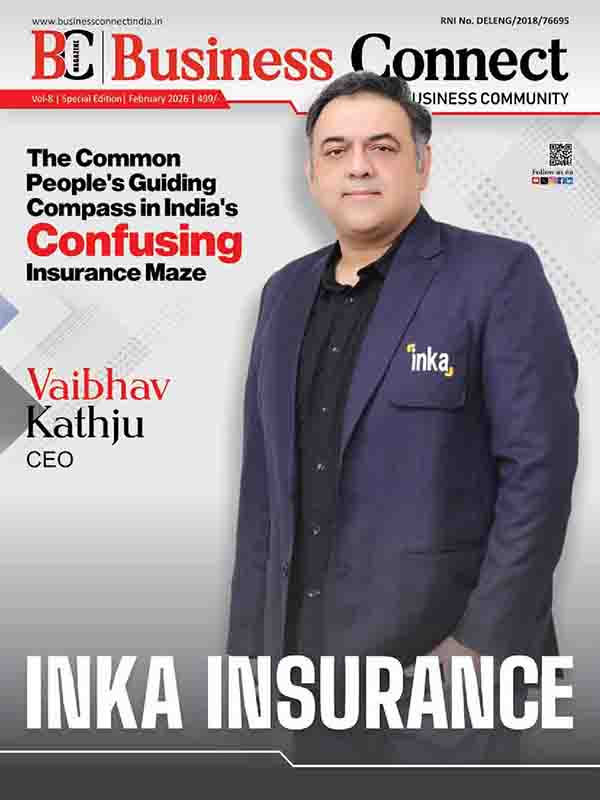Written By Jaya Pathak
KYC or Know Your Customer is a standard procedure used by financial institutions to verify the identity of their clients. It is the process followed by banks and other institutions before or during the transactions. Every financial institution and digital payment business which perform any financial transactions use KYC as per Reserve Bank of India.
Why we ask for your KYC: It is not just paperwork, it’s your protection
What is the Importance of KYC ?
KYC is not just about rules and regulation but it helps to keep the financial systems safe. Having a KYC can help you to prevent from financial fraud and identity theft. KYC can help you to stop illegal transactions and money laundering. It is a bridge of trust between customers and financial institutions.
KYC is making the financial system more secure. Therefore, KYC is protecting both customers as well as companies. Without KYC, anyone can open fake accounts and can misuse the financial services provided to consumers. But with the help of KYC, the identity of the customers is verified therefore it reduces the chances of any mischief.
Understanding the types of KYC
- Physical KYC: It is the traditional form of verifying the identity of customers where our customer has to visit a bank or financial institution and verify his or her Identity. He or she is required to submit the photocopies of address proof and identity proof. A representative of the bank verifies the details provided by the customers.
- Aadhar OTP- based KYC: in this method of KYC verification, customers have to provide their Aadhar number. They receive an OTP on the registered number which is linked to their Aadhar. This process is quite efficient as it is paperless.
- E-KYC: Electronic KYC and flutes identity verification along with biometric verification like fingerprints and iris scan. It is more secure and suitable for higher transaction limits. This method is generally adopted by Aadhar centre which uses biometric capture devices to verify the identity.
- Video KYC: Video KYC is similar to the physical KYC verification but in the video KYC you have to show all your documents to the representative of the bank or financial institution in the video call only. There is no any need of any physical visit to the financial institution. In the present time, video KYC is widely used by thanks.
- Central KYC: Central KYC is managed by the government where all your details are stored in a single database. In the centralized system, after your registration you get a 14 digit KYC identifier. You are not required to repeat the process of verification of your identity for different financial institution as the data can be fetched directly from this stored database.
Understanding the process of KYC verification
- Log in to the official website of the bank.
- Enter your registered mobile number. Verify your number by entering OTP received on it.
- Upload the self attested e-Aadhar online.
- Submit the document.
- Once your document is verified, you are good to go.
Documents required for KYC
- In order to verify your identity, you must hold Aadhar card, pan card, voter ID, passport or driving license.
- For address proof, you must have any of the listed documents such as Aadhar card, passport, bank passport, Russian card or utility bills.
- A recent photograph
Why one should undergo the process of KYC verification?
One must undergo the process of KYC verification as it verifies the identity as well as the address of an individual. It can help to prevent any unauthorized access to the financial accounts and prevent identity fraud. It also smoothens your transactions. It fosters the opening of your account process quite quickly. It enables to build confidence between an individual and the financial institution. It also helps the company to meet government regulations and avoid I need banana trees. It makes it easier for consumers to access banking and other financial services with mobile based solutions such as electronic KYC.
Conclusion
KYC is not merely a formality rather it is a measure of safety adopted by financial institutions. Through electronic KYC, the process of identity verification has become quite easier and smooth.
Add Business Connect magazine to your Google News feed






